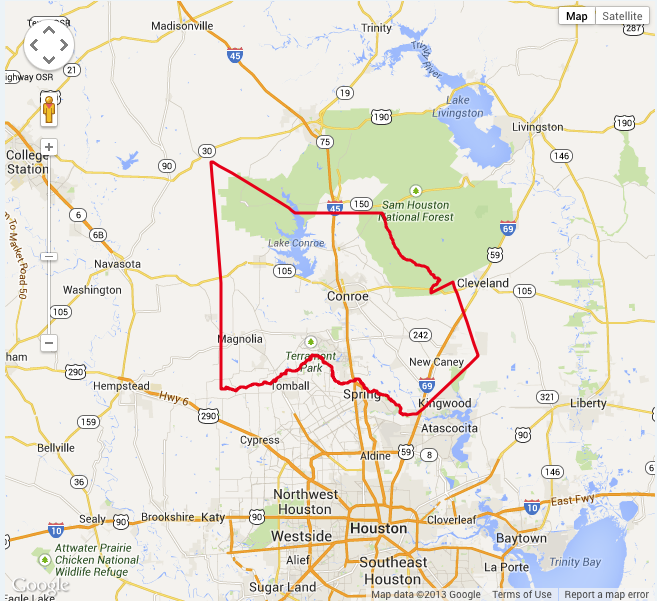
|
US Vote SmartHome » 2018-03-06 Republican primary » Montgomery County » District Judge - 221st |
| District Judge - 221st | |
|---|---|
 Montgomery County |
District Judge - 221st
office
The Texas District Courts form part of the Texas judicial system and are the trial courts of general jurisdiction of Texas. As of September 2011, 456 district courts serve the state, each with a single judge, elected by partisan election to a four-year term. Go here for the Montgomery County District Court structure.
Qualifications
To serve on the district courts, a judge must be:
- a U.S. citizen;
- a resident of Texas;
- licensed to practice law in the state;
- between the ages of 25 and 75*;
- a practicing lawyer and/or state judge for at least four years; and
- a resident of his or her respective judicial district for at least two years.
*While no judge older than 74 may run for office, sitting judges who turn 75 are permitted to continue serving until their term expires.
Similarities and Distinctions Between District and County Courts at Law
Both District courts and County Courts at Law hear family cases (child custody, CPS, child support, divorce).
Both district courts county courts at law and county courts at law hear civil cases (contract, car wrecks, medical malpractice, debt collection, etc.); however, county courts at law are limited to cases involving under $200,000 in damages.
Both district courts and county courts at law hear criminal cases (where there has been an arrest); however, county courts at law hear misdemeanor cases (lower level crimes such as DWI, simple assault, marijuana) with punishment as incarceration in the county jail whereas district courts hear felony cases (more serious crimes like murder, burglary of a home, sexual assault, etc.) with punishment as incarceration in the penitentiary.
County courts at law hear all cases appealed from the JP courts, whereas district courts do not serve as courts of appeal.
County courts at law hear all probate cases (wills, estates, guardianships) & condemnation cases (taking of property by government) whereas district courts in Montgomery county do not hear these types of cases.
County courts at law and district courts both hear juvenile cases. It has been more often that a county court at law judge serves as our juvenile judge, though.
The Texas Constitution and Texas laws have placed District Judges as important overseers of County finances through the audit process.
Major Issues
1. The County Audit process has an integrity issue as the auditor who's involved w/setting the county budget is also, well, the auditor, an obvious conflict-of interest.
2. During the recent budget process, the County government failed once again to follow statutory budget procedures.
